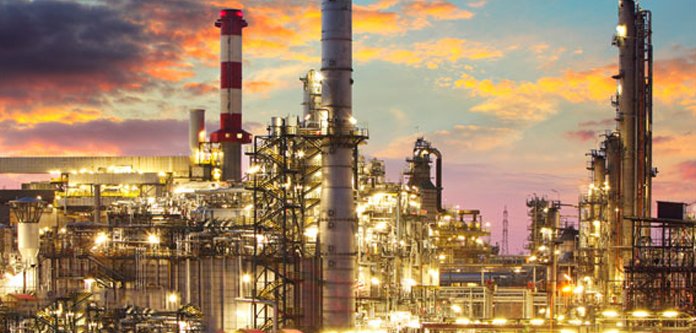The Uganda Refinery Project has officially entered a new chapter after the executives overseeing the project’s implementation announced the finalization of the initial contracts to kick-start the development of the $4 billion facility. The Uganda National Oil Company (UNOC) and UAE-based Alpha MBM Investments signed a decisive agreement in March 2025 to construct the 60,000-barrel-per-day refinery in Hoima District. This strategic deal unlocks the long-delayed project and sets Uganda on a clear path toward national energy independence. The refinery is expected to begin operations by 2030.
UNOC will hold a 40% share through the Uganda Refinery Holding Company, while Alpha MBM controls the remaining 60%. This majority stake signals strong foreign investor confidence in Uganda’s long-term energy and industrialization agenda.
The partnership is now considered one of East Africa’s most transformative energy milestones in recent years, marking a positive and powerful shift toward local value addition and regional energy leadership.
Major Infrastructure Designed to Boost Energy Security
Today, Uganda imports nearly 90% of its refined petroleum products. This heavy dependence exposes the country to volatile global prices, transport disruptions, and foreign exchange pressures. The Uganda Refinery Project aims to change this reality by processing domestic crude from the Albertine Graben.
The project includes several major components:
- 60,000 barrels/day processing capacity
- 212 km finished-product pipeline from Hoima to Mpigi
- 320-million-liter Kampala Storage Terminal
- Water abstraction facility for industrial use
- Refinery commissioning target: 2030
Once operational, the refinery will supply diesel, petrol, aviation fuel, LPG, and kerosene to the Ugandan market and neighboring regions. This will sharply reduce import volumes while improving price stability for consumers and industries.
The regional distribution plan positions Uganda as an upcoming supplier to Tanzania, Rwanda, Burundi, South Sudan, and the Democratic Republic of Congo.
Industrial Growth Anchored by the Kabaale Industrial Park
The Uganda Refinery Project is the foundation of the wider Kabaale Industrial Park, a 29-square-kilometer industrial zone being developed in Hoima District. The park is expected to attract large-scale investments in:
- Petrochemicals
- Fertilizer production
- Plastics and packaging
- Pharmaceuticals
- Heavy manufacturing
Reliable fuel supply and supportive infrastructure will significantly reduce operational costs for manufacturers. The industrial park will also create thousands of jobs in construction, engineering, logistics, fabrication, and downstream manufacturing.
Significant Economic Returns Expected
The Uganda government anticipates substantial economic benefits from the refinery, including:
- Thousands of construction and operational jobs
- Increased tax revenue
- Stronger export earnings
- Expanded local content opportunities
- Higher investment flows into downstream industries
The Uganda Refinery Project is projected to stimulate domestic industries and enhance national revenue through dividends from UNOC and broader economic activities across the Albertine region.
Key Challenges That Still Need Attention
While momentum is strong, the project faces challenges that must be managed carefully.
1. Environmental concerns
Environmentalists have raised concerns about potential risks to Lake Albert, surrounding wetlands, and biodiversity. Waste management, emissions, and water use will require strict regulation and continuous monitoring.
2. High project cost
At approximately $62,000 per barrel of capacity, the refinery is more expensive than refineries of similar size globally. Uganda’s inland location, logistics complexities, and limited economies of scale contribute to this higher cost.
3. Financing structure
The project will now be funded entirely through equity after earlier difficulties securing international debt financing. While this approach reduces loan pressure, it places a higher financial burden on investors.
A Bold Investment in Uganda’s Energy Future
Despite its challenges, the Uganda Refinery Project stands as one of East Africa’s most ambitious energy and industrialization initiatives. Its success will shape the region’s fuel supply chain, strengthen energy systems, and create new opportunities for manufacturing, trade, and national development.
By 2030, Uganda expects to emerge not only as a crude oil producer but as a strategic supplier of refined petroleum products to neighboring economies. This shift will help drive economic resilience, improve energy stability, and enhance regional cooperation.

